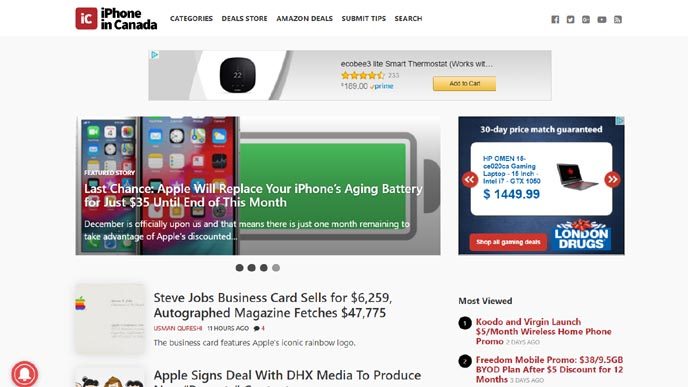The riches are in the niches. It’s something that’s been said before, and it’s something that’ll likely be said again and again and again. But then you look at a company like Amazon that seemingly sells everything under the sun. Company CEO Jeff Bezos has a net worth of somewhere around $137 billion. That’s more than Bill Gates, Elon Musk, and Eric Schmidt combined.
Oh, and you know Warren Buffett? His Berkshire Hathaway holding company is the sole owner of everything from Geico to Duracell, plus holdings in Coca-Cola, Bank of America, Apple, and United Airlines. That’s not exactly the kind of laser focus you’d expect from approaching a niche, right? What gives?
The issue when you look at successful people like Jeff Bezos and Warren Buffett is that you’re only looking at the current situation. You’re not looking at where they got started. It’s only after you reach a certain level that you can and should start broadening your horizons.
Identify the Underserved Niche
If that’s the case, why should you niche down to bring your profits up? Perhaps one of the best examples that comes to mind for me is my friend (and fellow Dot Com Pho alumnus) Gary Ng of iPhoneinCanada.ca. You might remember him from some old Dot Com Pho episodes when John still lived in Richmond, BC.

The tech blog vertical is remarkably oversaturated and super competitive. Some of the biggest properties on the web are backed by huge media corporations with very deep pockets. They’ve got plenty of full-time staff and lots of resources at their disposal. When Gary started iPhone in Canada, it was just him. He knew he could not compete with sites of that scale.
He didn’t want to start a website that was a catch-all for everything to do with technology. He didn’t even want to start a website that focused just on Apple products, or even one that spoke specifically to the iPhone, which was still a very new thing at the time. No, he niched all the way down to talking about the iPhone in Canada, from a Canadian perspective, for Canadians.
This was a time when the iPhone wasn’t even officially sold in Canada yet. Canadians had to drive south to the United States to pick one up, figure out how to unlock it, and then get it to work with a local network. He served a very underserved sub-niche. It was a smaller audience, but it was almost exclusively his audience, as no one else was going that in-depth and that targeted with information for Canadians who wanted the iPhone.
Little Fish in a Little Pond
In the grand scheme of web publications, iPhone in Canada was a very small fish. In some respects, it still is. But the point is that Gary was able to find such a particular niche in the market that no one else could touch him. He was the go-to guy for all the Canadian media outlets who wanted to talk about the iPhone, because no one else was doing it.
And he was doing it very well to boot, of course. You still need to deliver quality to your audience and your customers. He may have been a small fish, but he was the only fish in a small pond. If you wanted anything to do with an iPhone in Canada, he was the guy. That was the site you wanted to visit.

So, when the iPhone did officially come to Canada, Gary’s site was already well established. He owned that niche, like his own private corner of the Internet.
Over-Deliver and Reap the Rewards
You can apply the same kind of philosophy and approach to any online business (or business venture) you want to explore. Understand that unless you’ve got bottomless pockets, you’re not going to compete against the established big boys in the industry. Not yet, anyway.
If the super affiliates are out there promoting an offer for the newest iPhone with a nationwide campaign, niche down and bring your profits up. Maybe look at an offer that promotes the previous generation iPhone in a different kind of way, allowing you to tap into a market of customers who don’t want to spend $1,000+ on a new device. Maybe zero in on just one state that’s being underserved, catering your messaging to the exact needs of the people who live and work there. Niche down.
Find your audience, over-deliver to address exactly what it is that they want (and tell them what they want if they don’t already know!), and pull in those profits. Don’t try to be everything to everyone. Be THE thing to JUST one.
